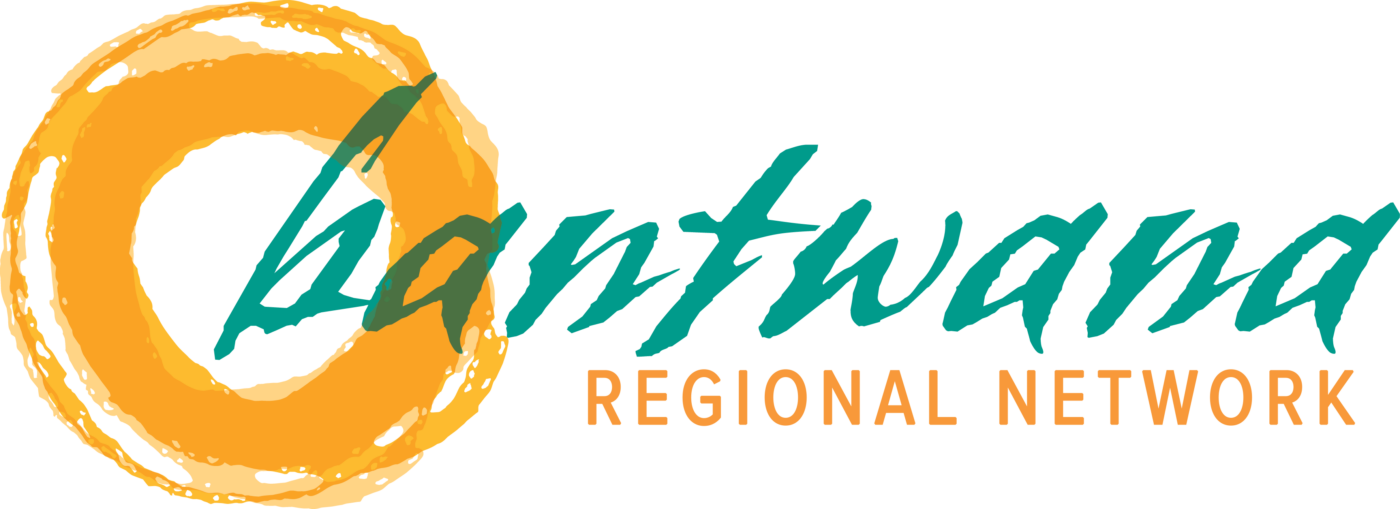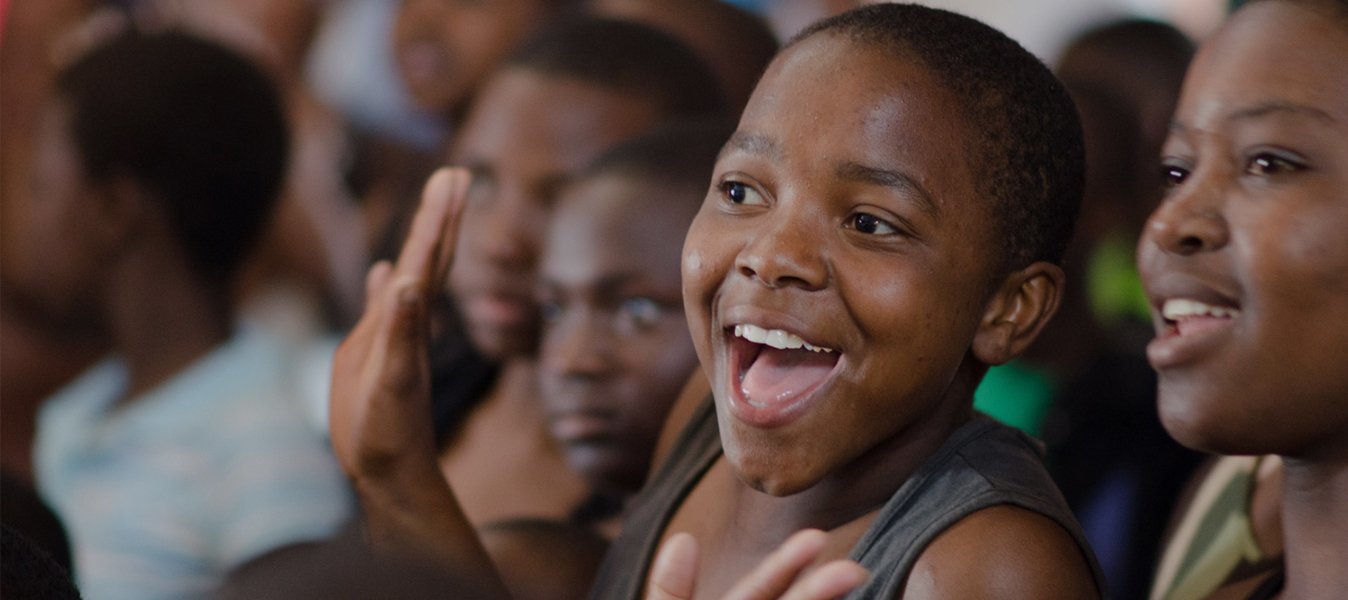
Girls Overcome Barriers to Invest in Better Futures
October 11, 2022, marks the 10th anniversary of the International Day of the Girl Child with this year’s theme being “Our time is now – our rights, our future.” Girls around the world continue to face unprecedented challenges to their education and to their physical and mental wellbeing. According to the United Nations, nearly 1 in 4 girls aged 15-19 globally are not in education, employment or training, compared to 1 in 10 boys. Bantwana recognizes the importance of supporting girls to amplify their voices, today and year-round, to ensure a better future.
In Uganda, 79% of new HIV infections in young people occur among adolescent girls and young women and 1 in every 4 teenage girls has a child or is pregnant. This makes Uganda a country with one of the highest teenage pregnancy rates in Sub-Saharan Africa, and the extended school closures during the COVID-19 pandemic have only exacerbated this situation.
The need to invest in education and economic opportunities for adolescent girls is clear: education is linked to delayed marriage and childbearing among girls as well as lower rates of HIV/AIDS, thus enhancing development and economic security. For girls who have dropped out of school, prioritizing increased access to vocational skills and to capital or savings can have similar positive effects.
The USAID Integrated Child and Youth Development (ICYD) Activity is supporting group prevention programs to help youth to reach their full potential by addressing key barriers at every stage of their development.
ESTHER
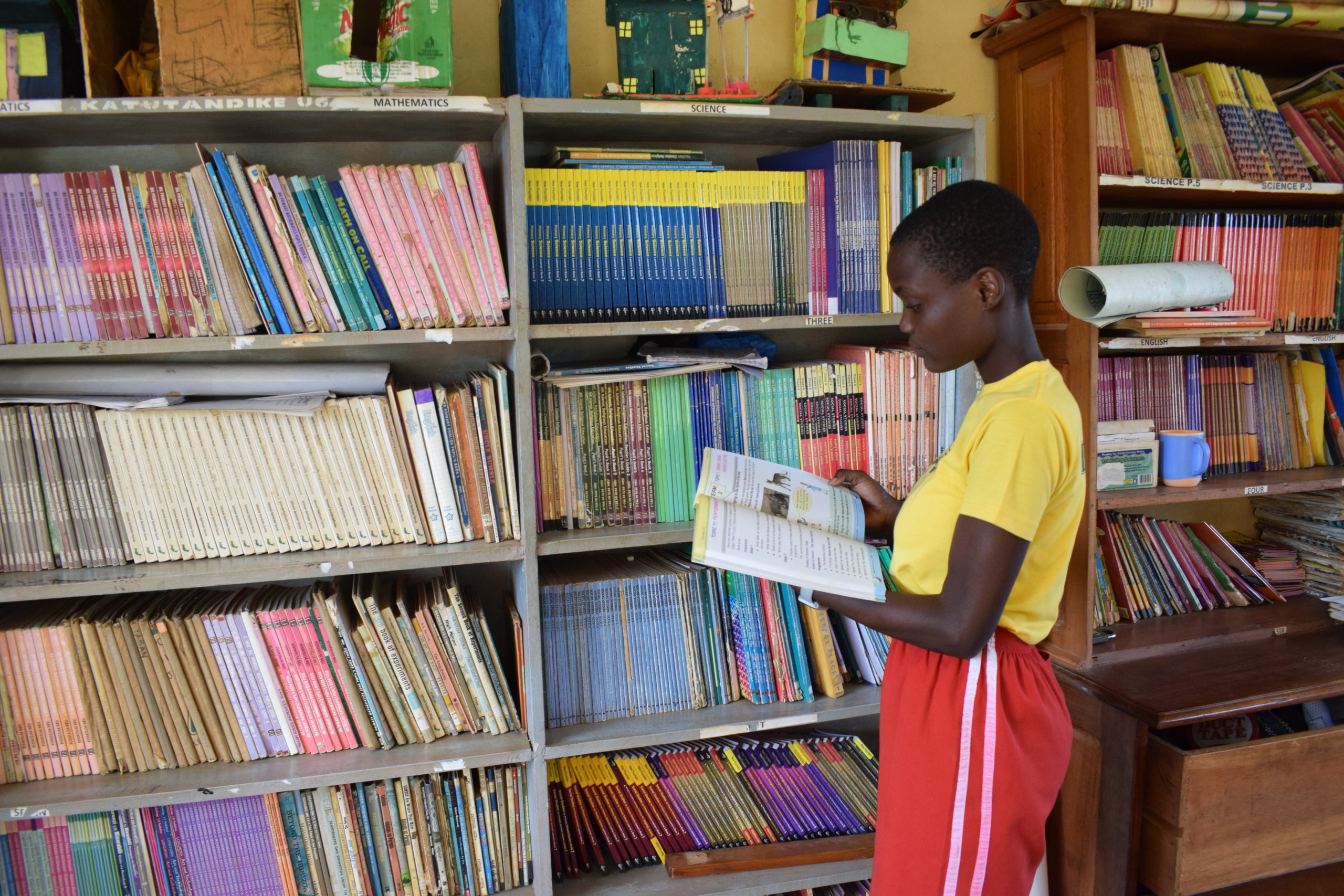
Esther is a 14-year-old student and youth leader who lives at her local church. She found refuge there after leaving the home where her uncle abused her. She continues her education with support from the pastor, but faces harassment on her way to and from school. “Sometimes I meet motorbike riders, who call to me and promise to buy me gifts if I will to talk to them,” she says.
But Esther and fellow-students have learned to express assertiveness and set boundaries through the ICYD Activity’s “No Means No” training program. These sessions focus on developing girls’ mental, verbal, and physical skills to defend themselves and escape when facing assault. “I learned how to defend myself against abuse and to stop being shy,” she explains. “When men call to me while, I don’t turn around. I remain focused on where I am going and now some of them don’t call out anymore,” she stated.
The sessions have encouraged Esther and her peers to prioritize their wellbeing and remain focused on their education. “I want to be a lawyer when I grow up, I am working towards achieving my dreams and I have set goals. Girls should be focused on their ambitions and should not let materialistic things stop them from realizing their dreams.”
ANNET
“While at school, I was stigmatized and segregated. Kids didn’t want to play with me or share a seat with me. I felt lonely but I was determined to complete my exams.”
When Ugandan schools reopened after the 2020 pandemic lockdown, Annet returned to the classroom to complete her education while expecting a child.
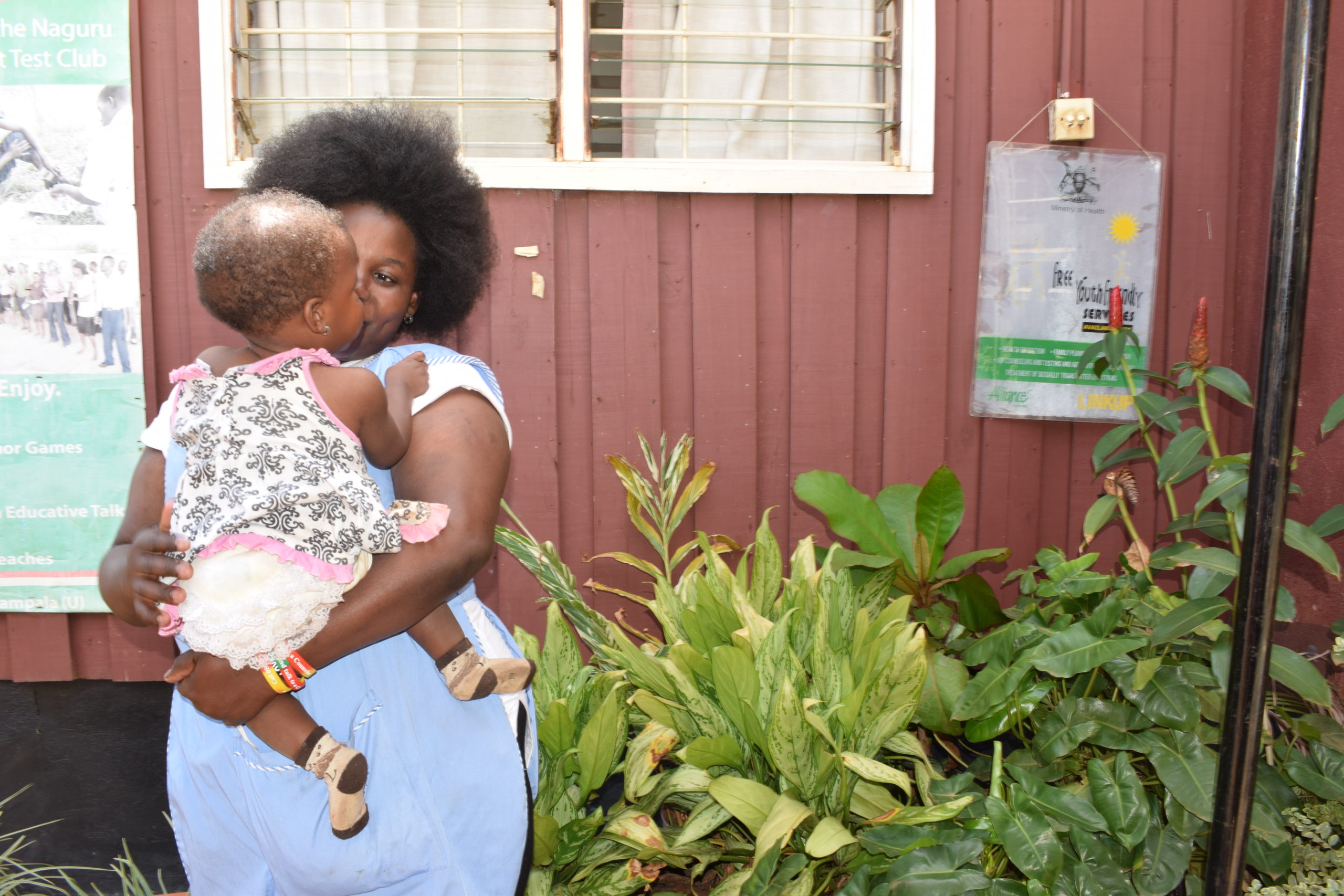
At 17 years old, she left home and moved in with her boyfriend. They struggled to meet basic needs, and her boyfriend became abusive. “He used to beat me every time I asked for help; we were struggling, our house was leaking, and we hardly ate,” she recalls.
Annet began transferring her anger towards the baby, neglecting her, until Annet’s mother decided to take the child away from her care. While at Naguru Teenage Center for Postnatal Care, Annet enrolled in the Sinovuyo program, a 14-week parenting package supported by the ICYD Activity.
“The teachings touched my life, I learned to love my child irrespective of the situation, to control my temper, avoid quarrels that lead to gender-based violence, and to save for a purpose,” Annet says. Determined to support others going through similar situations, she started working as a “peer mother” at the center.
During the sessions, she was linked to a Village Savings and Loans Association (VSLA) that have helped her to save UGX 3,000 (approx. $1) per day. She plans to study fashion and design so that she can have a stable source of income and take care of her baby.
“Girls shouldn’t lose hope. They can gain skills and put their lives back in order,” Annet asserts. “Nothing is impossible if you maintain a positive attitude!”
TEDDY
When Teddy became pregnant at 18, she kept it a secret for two months until she went for antenatal care and discovered that she had HIV. “The news shocked me, and I felt bad, but with the facility’s counseling, I was comforted and immediately enrolled on medication,” she recalls.
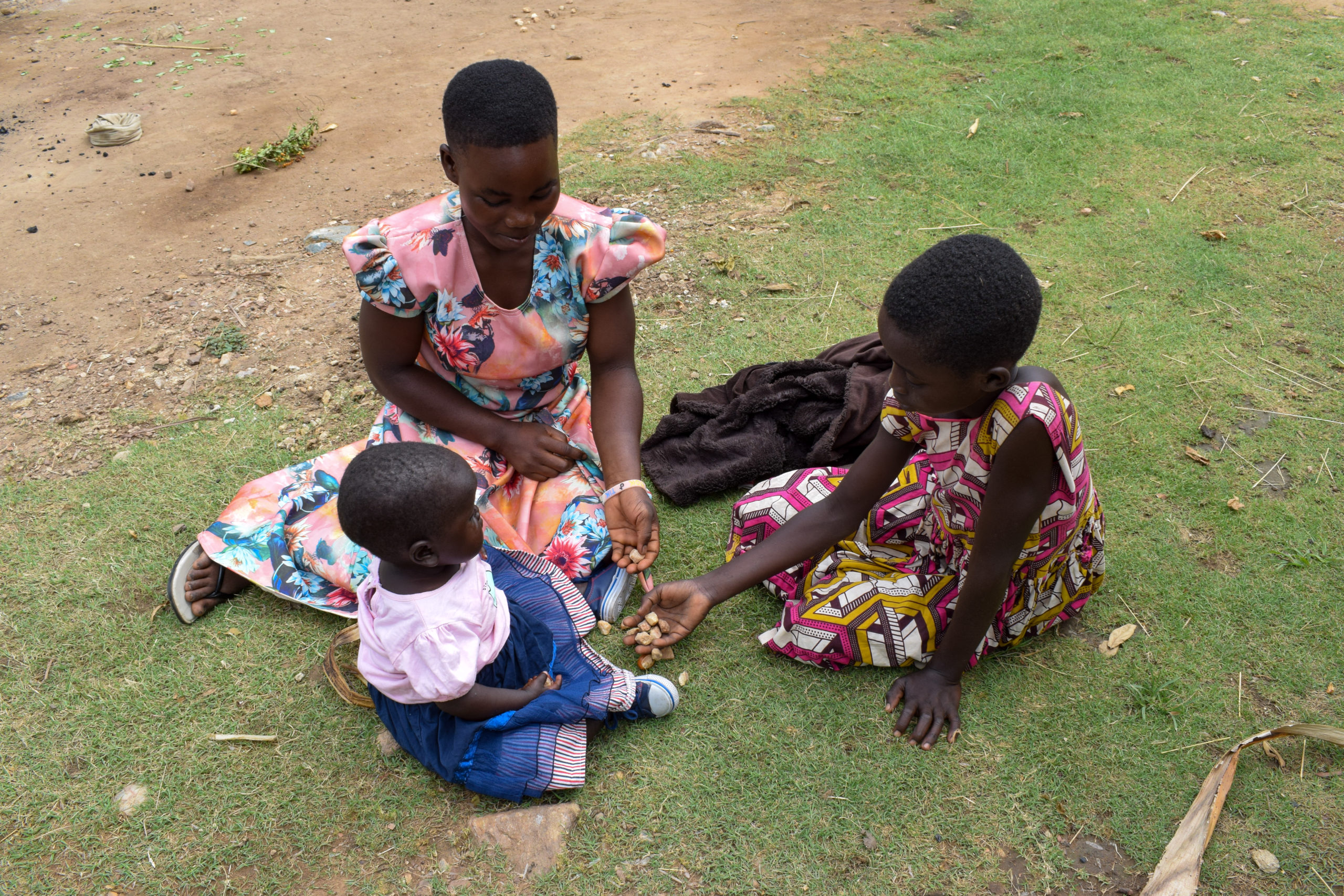
While at the hospital, she met Grace, a para-social worker, trained under the ICYD Activity. Grace supported Teddy throughout the pregnancy and linked her to a Youth Adolescent Program Support (YAPS) club after she gave birth. The club sessions provided pathways for Teddy and other young women to return to school or to start generating an income.
After serious thought, Teddy decided to return to school when her baby was a year old. While juggling motherhood and education has been difficult, she is excited to continue learning. Remaining in school has been a collaborative effort between Teddy, her family, her teachers, and Grace.
Teddy hopes to excel in her exams come next year so she can continue on a secondary education pathway that will help achieve her dreams.
“I enjoy studying because I want to be a nurse and take care of my sickly mother,” Teddy says. “Girls can still study and be what they want to be if they have a good support system.”
